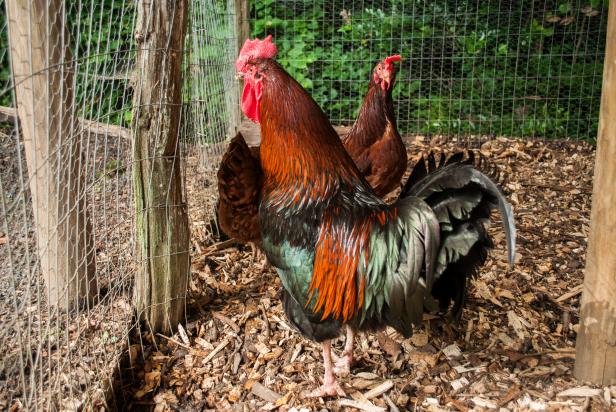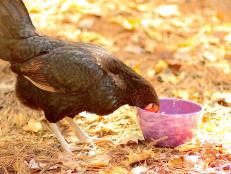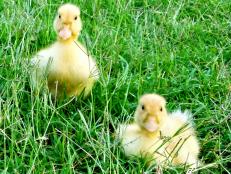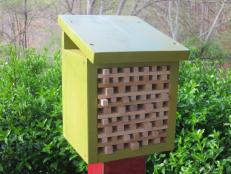The Advantages of Roosters


Photo by Andrew Sisk
I’m often asked if a rooster is required in the coop for hens to lay eggs. The answer is no. Hens will lay eggs without a rooster around to do what roosters do, but don’t expect baby chicks. Roosters aren’t just unnecessary for egg productions, for many backyard enthusiasts, city ordinances dictate that roosters are not even permitted within city limits. It’s not an unreasonable position. Roosters are noisy and crowing from dawn to dusk can be so maddening that there aren’t enough free eggs to placate a neighbor in close proximity. They’re loud, aggressive and they won’t give you a single egg. What’s the upside of roosters?
If you can’t have roosters in your area, don’t sweat it. A small flock will get along just fine without a rooster. The eggs will still be plentiful, the hens will still be content and you’ll spend less on feed. But with coop space, an OK from the city and HOA, and plenty of distance from the neighbors, a rooster can be a valued addition to the backyard flock. Here’s why.
A rooster brings order to the coop. Chickens like structure and a “pecking order” is strictly enforced in the flock. Weaker hens defer to larger hens and, in the absence of a rooster, the most aggressive will step up to rule the roost, although the position is often disputed. When a rooster is in residence, the social hierarchy is established. The rooster as peacekeeper will keep order in the coop, tend to an unruly flock and maintain calm.
The rooster is a protector. It doesn’t mean quite as much for a flock that remains confined to coop and run, but the rooster is a guy you want in your corner when free-ranging. A rooster doesn’t just scout for food, he’s got an eye out for predators alerting the flock to danger, pushing hens to safety and aggressively defending against attackers from the air or ground. Taking this responsibility seriously, a rooster may give its life in defense of the flock. Roosters may have it pretty good, but they earn their keep.
Roosters are pretty. With features designed to attract hens, brightly colored plumage and ornate tail feathers can be stunning. The rooster is frequently the most beautiful bird in the coop (and won’t let you forget it).
Baby chicks. Hens lay eggs with or without a rooster, but if you’re interested in hatching chicks from collected eggs or encouraging a broody hen, a rooster must be around to tend to a bit of business. Fertilized eggs must be maintained at a temperature between 99 and 102 degrees to develop, so the risk of discovering a developing chick in collected eggs is negligible. If you’re interested in expanding the flock, hatching baby chicks from eggs laid in your very own coop is a lot of fun, but requires a rooster to get things started.
Aggressive roosters can be difficult to maintain, abusing hens and menacing those who might dare to collect eggs, but a good-natured rooster can be a welcome addition to the coop. Under the right circumstances, adding a colorful protector to the coop can bring peace to a contentious flock, fertilize eggs, ward off invaders and look darn good doing it all.
As for the noise? I actually like the “cock-a-doodle-doo” of a cheerful rooster. Just make sure to build the coop with some distance from the house.













































